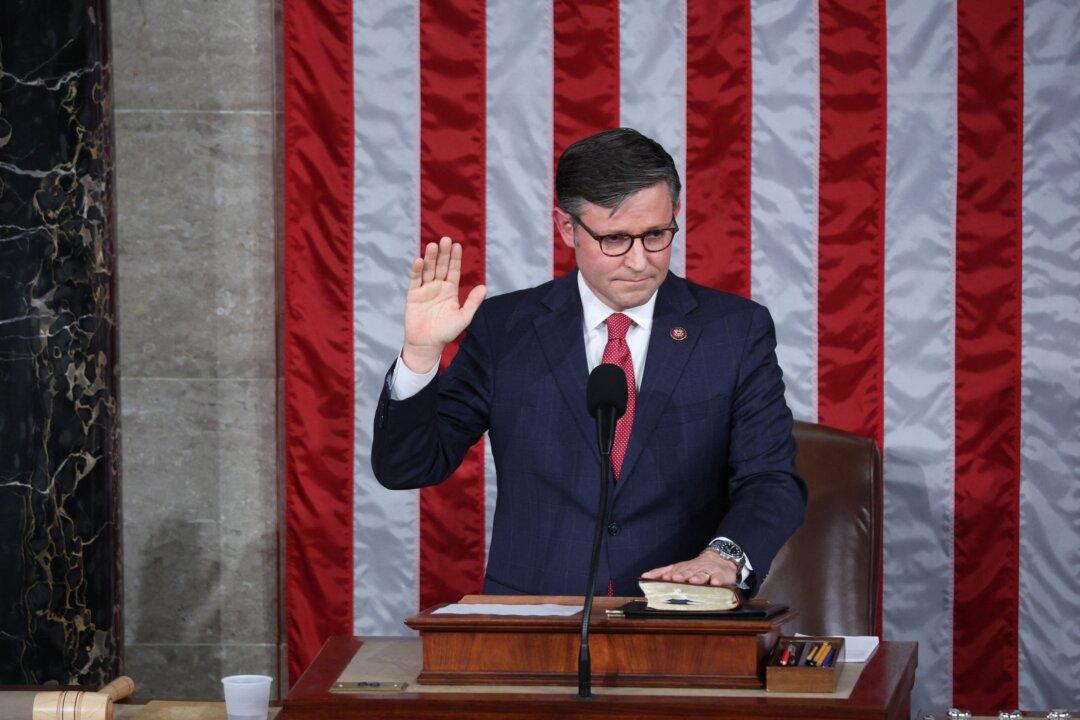Rep. Mike Johnson (R-La.), the new Speaker of the House, was among the lawmakers most active in aiding President Donald Trump’s legal challenges of the 2020 election.
A constitutional law attorney, he led Republican Congress members to support an election challenge in the Supreme Court. He was also among those objecting to the counting of electoral votes from several states.





